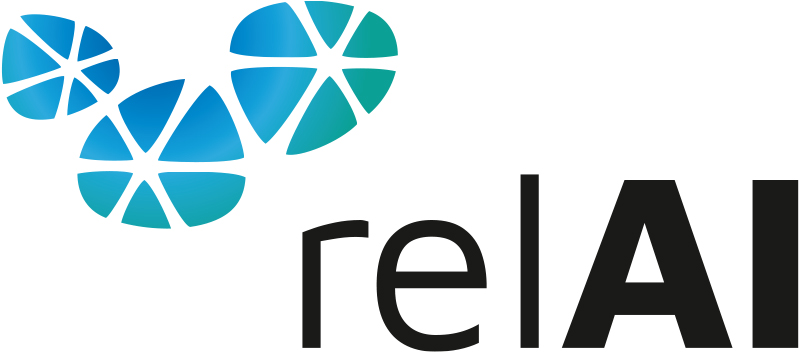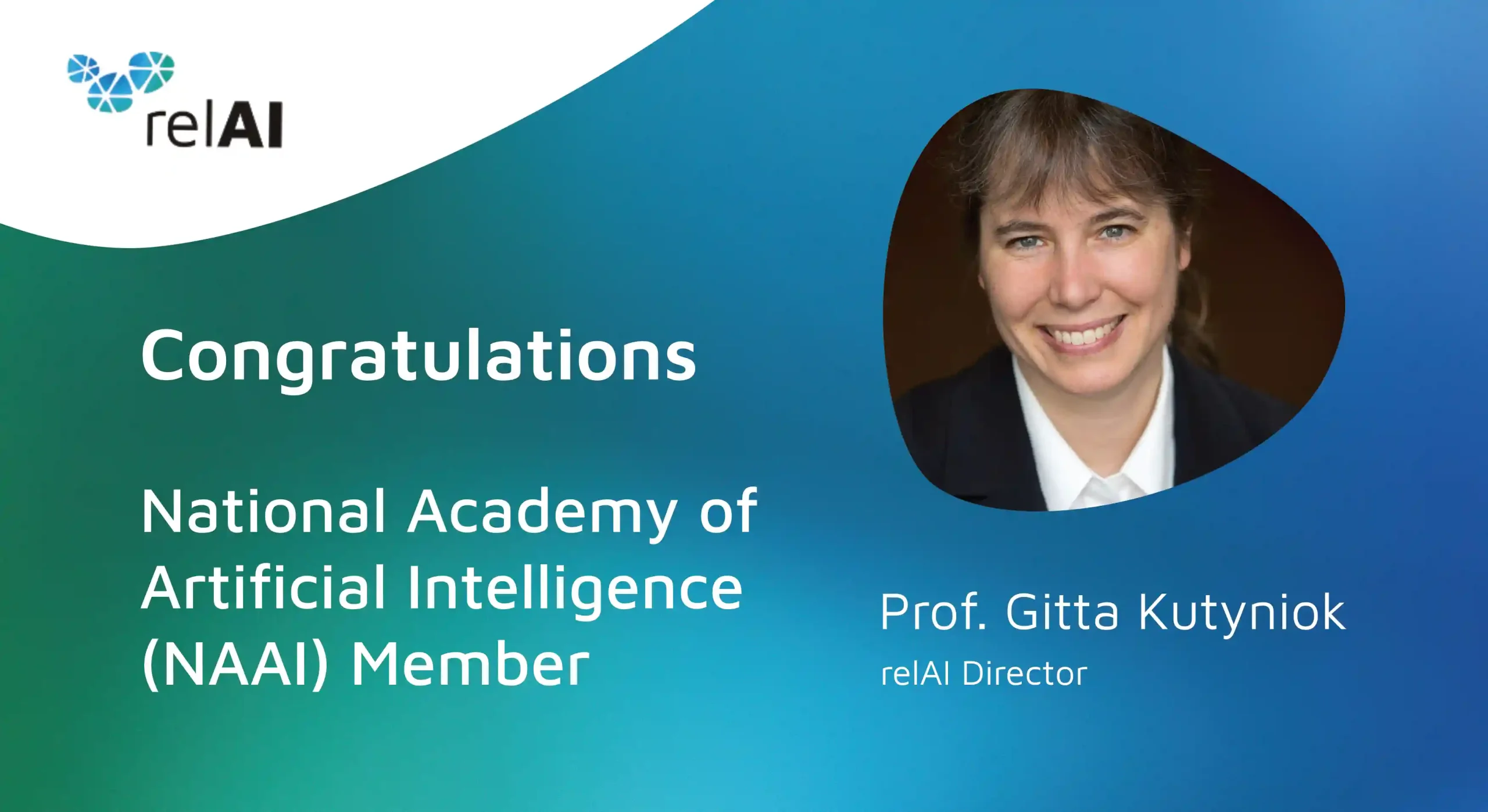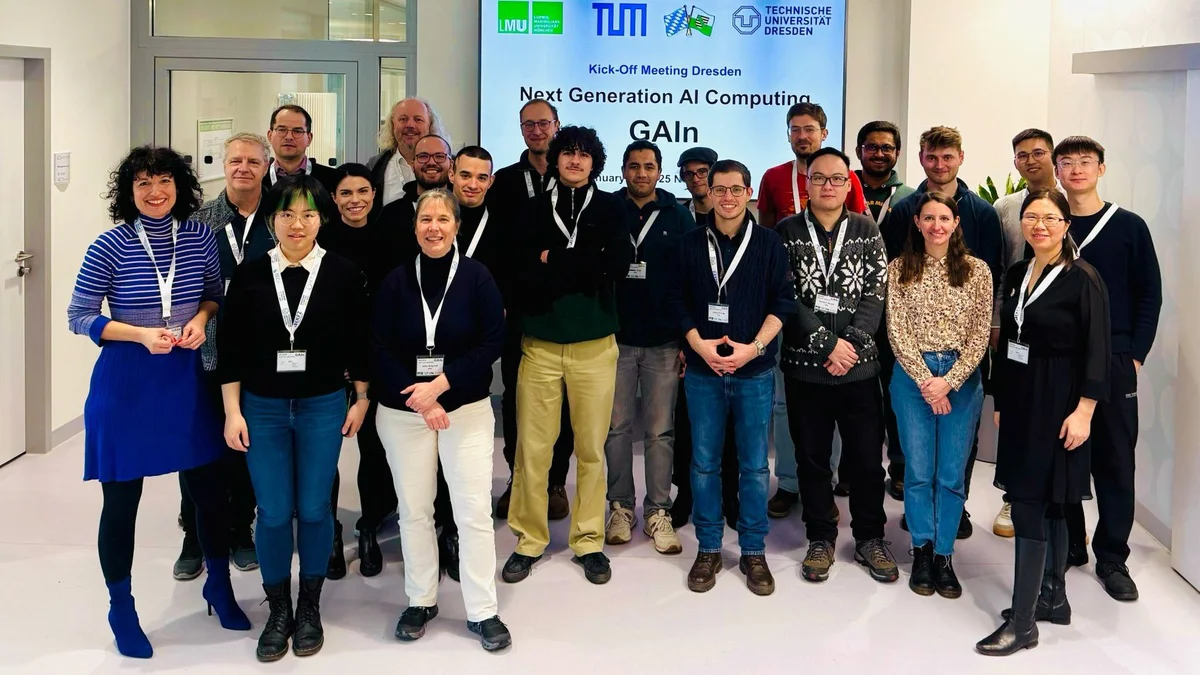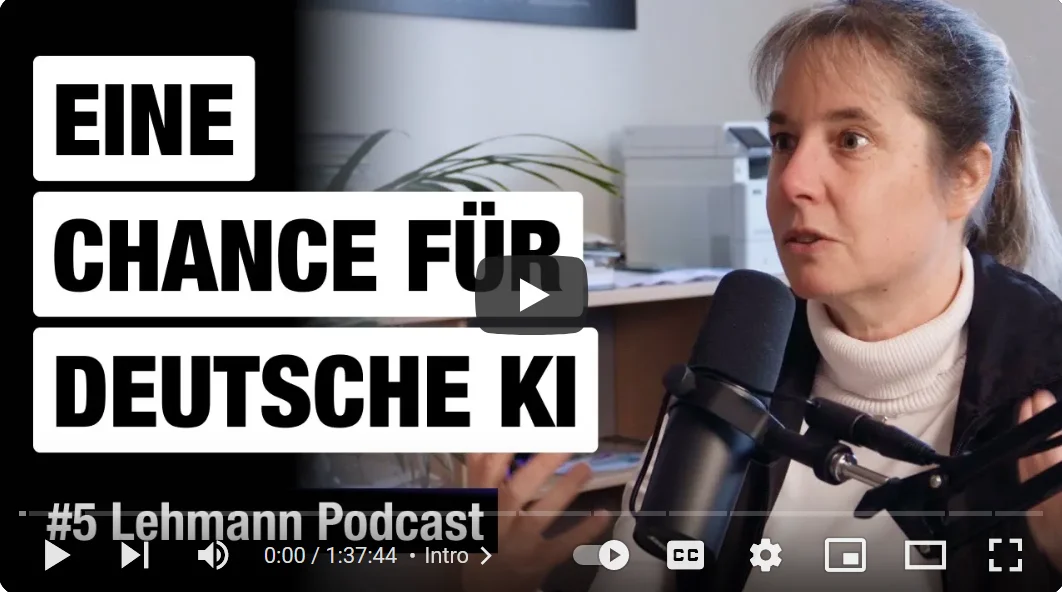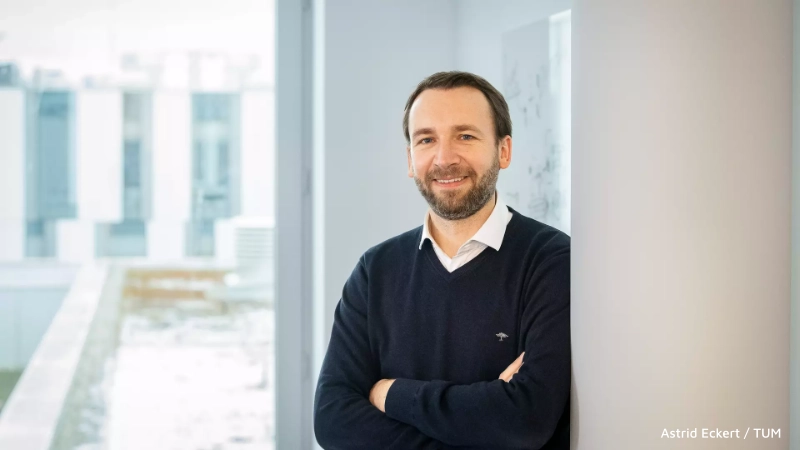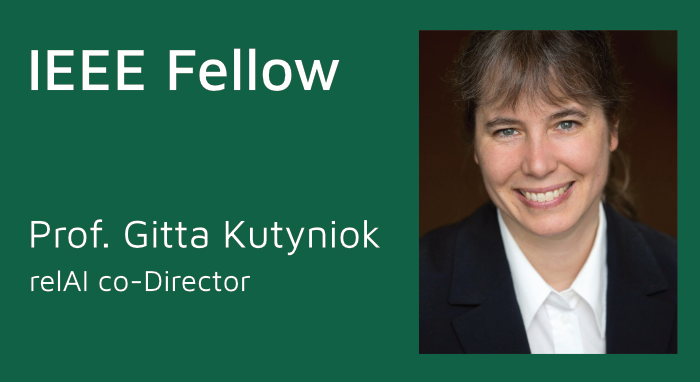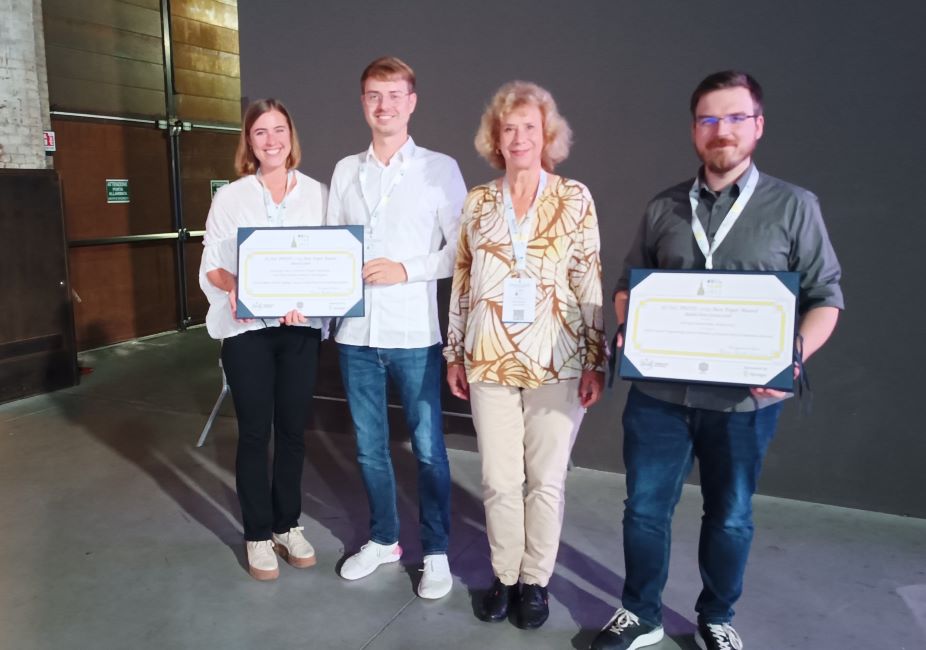
Europe faces challenges in the competitive field of artificial intelligence (AI). relAI director Gitta Kutyniok shares her insights on the current landscape of AI in Europe and proposes future strategies for developing trustworthy and secure AI technologies:
- Europe should focus on specialised, efficient, and transparent AI.
- We should place the emphasis on smart AI research: high-quality training data, efficient models, specialised software and hardware, and open-source approaches.
- We should further build on another of our advantages: our pool of excellent researchers.
- AI regulation assures trustworthiness, and Europe could be a role model in this area.
- An international data privacy agreement for AI can address the data security concerns of AI models.
- AI models running locally allow personalised teaching and lower costs. This is an enormous opportunity for universities and research institutions because open-source models offer transparency and flexibility.
Read the complete Interview: https://www.daad.de/de/der-daad/daad-journal/themen/2025/kuenstliche-intelligenz-europa-gitta-kutyniok-relai/
